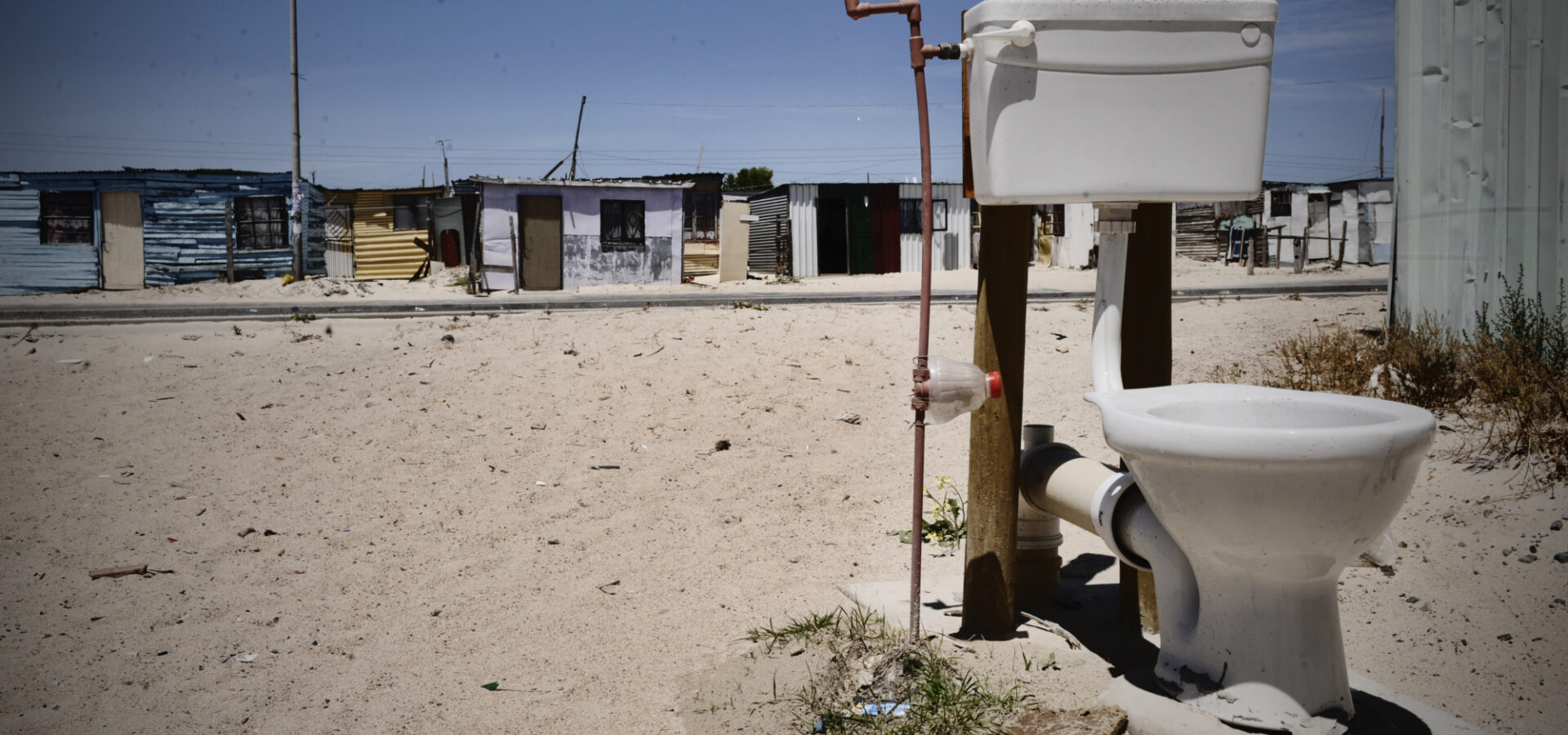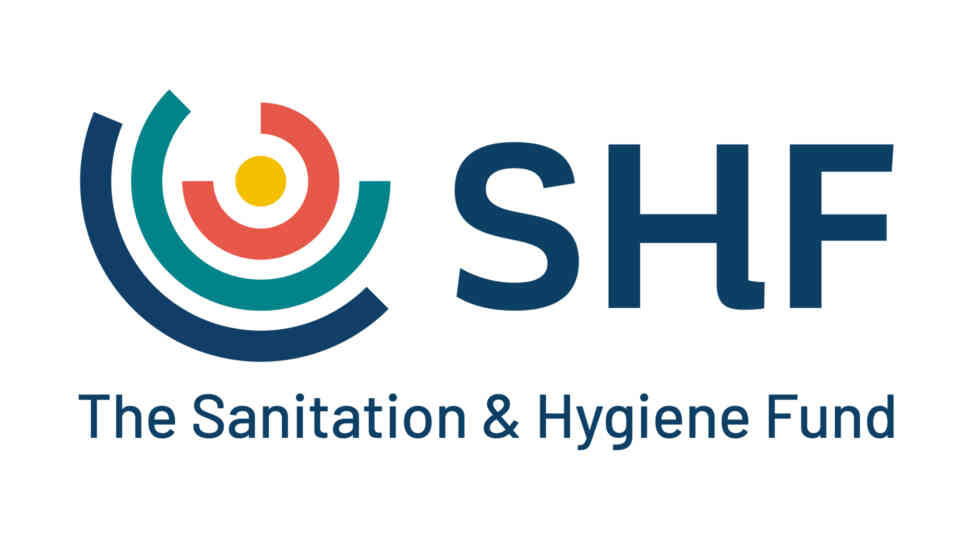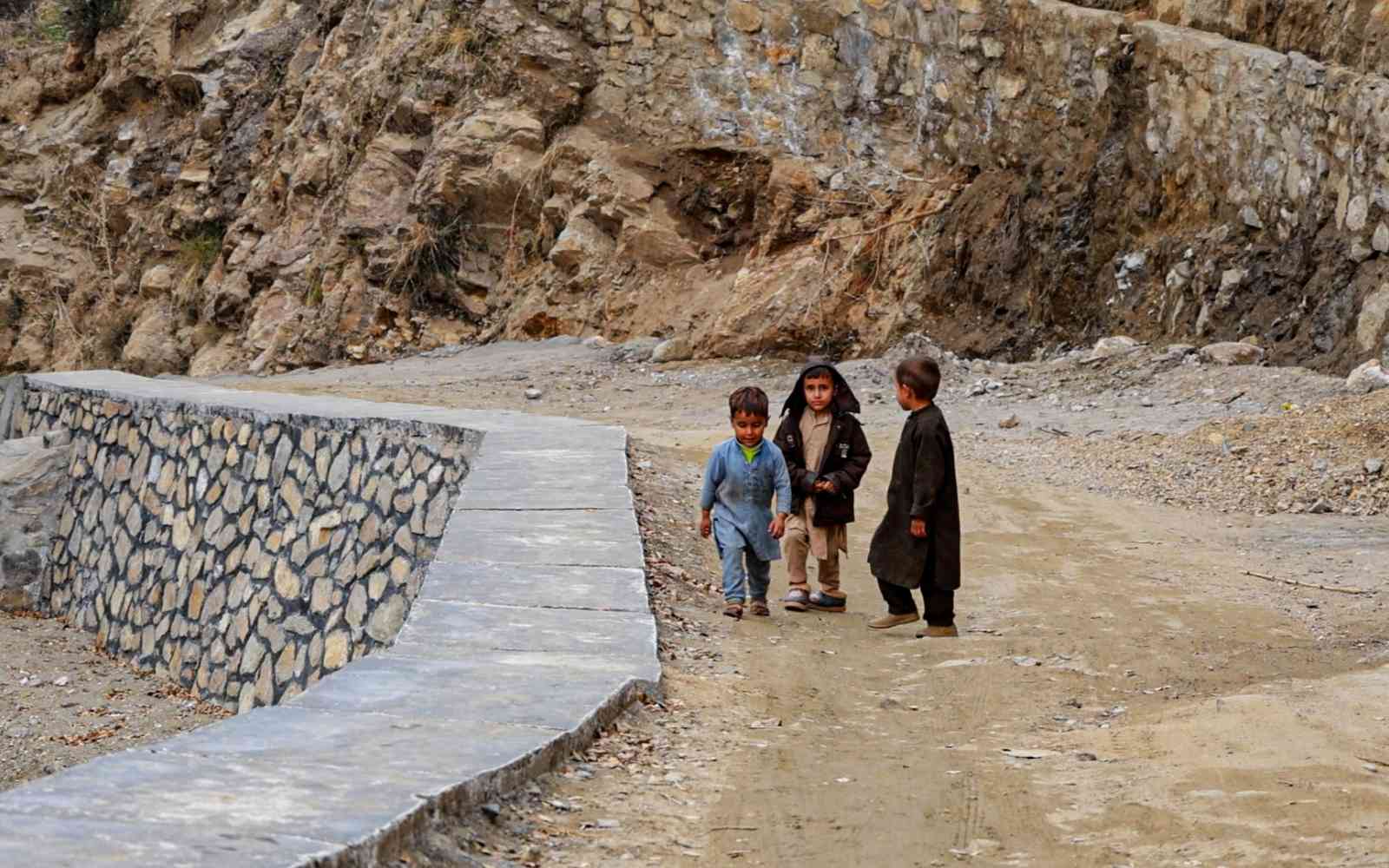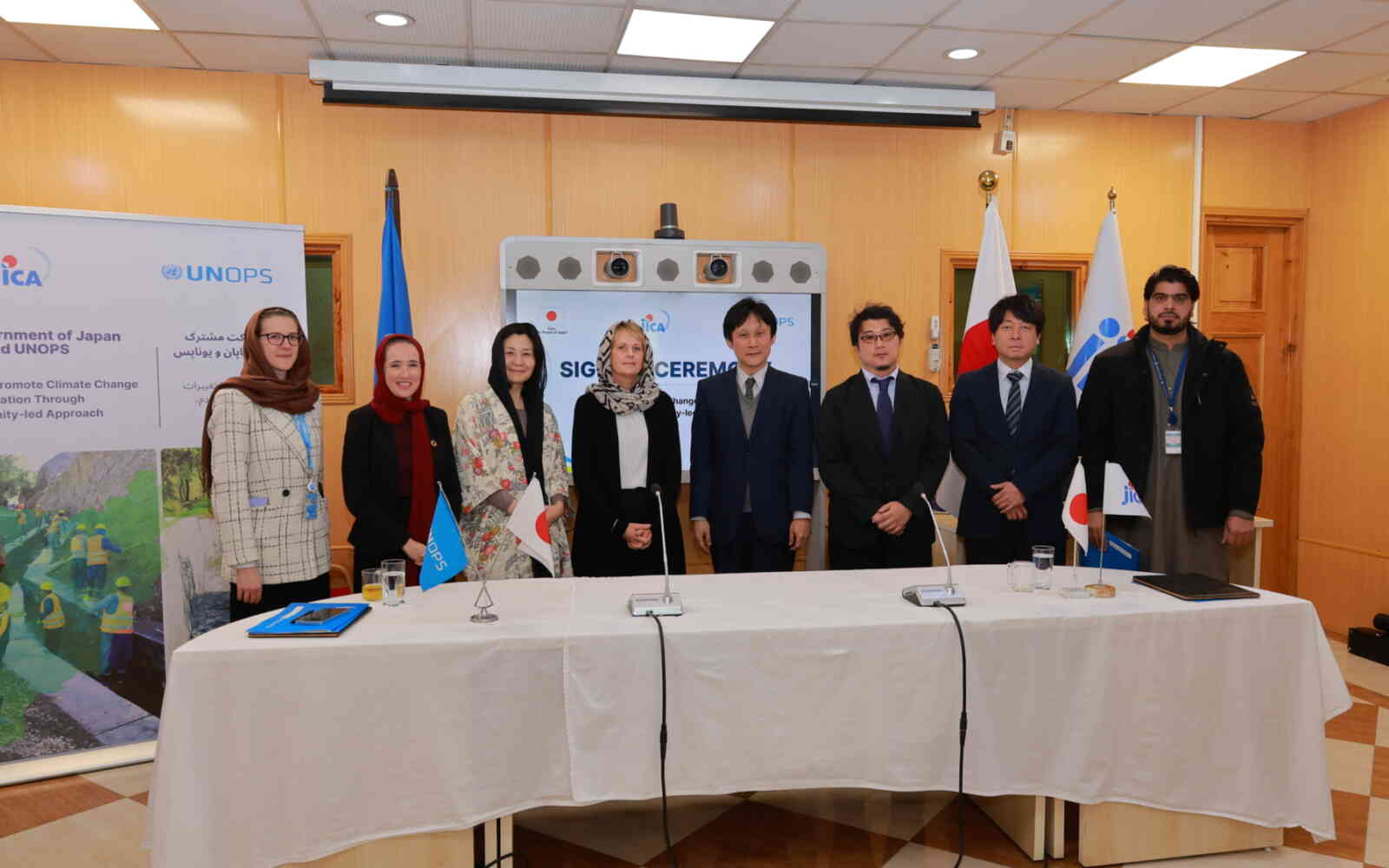The United Nations Office for Project Services (UNOPS)
Beyond toilets: Investing in dignity, equity and the planet’s collective future

The world faces a staggering sanitation crisis. Reframing sanitation as an investable proposition could close the gap – and build a more resilient future.
More than 3.5 billion people still lack access to safely managed sanitation services (toilets that hygienically separate human waste from contact, connected to treatment or safe disposal systems). This lack of access undermines progress on public health, education, gender equality and environmental sustainability.
Lack of sanitation contaminates water and food, spreading diseases like cholera and diarrhea, trapping communities in a cycle of poor health and poverty. Sick children miss school, and girls are often forced to drop out when they start menstruating due to a lack of safe, private toilets – undermining education.
The lack of access to safely managed sanitation services falls heavily on women and girls, robbing them of dignity and exposing them to violence when they seek privacy outdoors. Environmentally, untreated sewage pollutes rivers and groundwater, killing aquatic life and contaminating water sources vital for drinking and farming.
Sub-Saharan Africa bears a disproportionate share of this burden, with nearly 500 million people lacking access to basic sanitation. In many countries, access to safely managed sanitation services drops below 30 per cent in many rural areas.
Countries such as the Democratic Republic of the Congo, Kenya and Nigeria have some of the world's largest sanitation gaps. Rapid urbanization worsens the problem as informal settlements in cities such as Lagos, Nairobi and Kinshasa face chronic shortages of safe, accessible toilets. Women, girls, persons with disabilities and low-income households are particularly underserved, facing barriers to privacy, safety and dignity.
The sanitation sector remains critically underrepresented in climate finance, receiving just 0.3 per cent of global climate funding. Yet sanitation systems are both climate-vulnerable and climate-relevant: floods, droughts and extreme weather events compromise sanitation services while untreated waste often pollutes drinking water sources as well as releases methane, a potent greenhouse gas.
Traditional, aid-based models have proven insufficient to meet the scale of the challenge. A change is required – from fragmented, donor-dependent projects to the creation of self-sustaining national sanitation economies. Reframing sanitation as an investable proposition recognizes that sustainable impact can only be achieved when sanitation is embedded within a country’s economic and institutional fabric.
The market value of sanitation services is huge: $14.2 billion in Nigeria, $3.1 billion in Kenya and $3.4 billion in Uganda. Catalytic investments – which can help de-risk investing for third-party investors – can help mobilize domestic finance, stimulate small and medium-sized enterprises (SMEs), and create jobs – particularly in emerging markets, where SMEs generate 70 per cent of new positions.
Innovative finance alone cannot close the sanitation gap. The ability to translate policy and finance into resilient, well-managed infrastructure is critical.
Relying solely on large sewer-based infrastructure that often bypasses informal settlements and remote communities doesn't work. Expanding access to safely managed sanitation at the pace and scale required depends on decentralized, off-grid and on-site technologies that can be designed, operated and scaled to fit different contexts and preferences.
In many rapidly growing cities in the Global South, such existing scalable solutions and new innovations are potential game changers. In Kenya, an estimated 60 per cent of future safely managed sanitation coverage is expected to come from these next-generation non-sewered systems.
Countries should also integrate sanitation into their Nationally Determined Contributions and National Adaptation Plans, supported by technical assistance to design bankable, climate-resilient projects. This dual approach of policy inclusion and implementation support transforms high-level ambition into actionable pipelines.
Equally important is the transition toward a circular sanitation economy, where human waste is viewed as a resource rather than a liability.
By converting waste into products such as organic fertilizers, biogas and animal feed, countries can generate new revenue streams, reduce environmental pollution, and enhance food and energy security. This circular approach combines economic incentives with sustainability and creates employment opportunities.
Addressing sanitation in Sub-Saharan Africa is both a public health necessity and a climate resilience opportunity. A transformative model that combines catalytic finance, market development and implementation excellence is essential. Such an approach – anchored in local ownership, gender inclusion and climate alignment – can deliver sustainable, equitable sanitation systems that advance climate action, increase access to sanitation and reinforce broader development goals.
Moving beyond the toilet means building sustainable sanitation economies that empower people, protect ecosystems and strengthen resilience. It's not just an investment in infrastructure, but an investment in dignity, equity and the planet’s collective future.
Amadou Labba Sall and Masila Muia
Amadou Labba Sall is the Communications Lead at the Sanitation and Hygiene Fund. His strategic global communications background spans the non-profit, multilateral and development finance sectors, including communications roles at the World Trade Organization and Afreximbank.
Masila Muia is a Carbon Analyst with UNOPS, where he contributes to carbon mitigation and climate-aligned projects in infrastructure, health and livelihoods. A climate change specialist, he has over ten years of experience in the private sector, where he worked on wastewater treatment, carbon project development, climate-resilient infrastructure and nature-based solutions.












